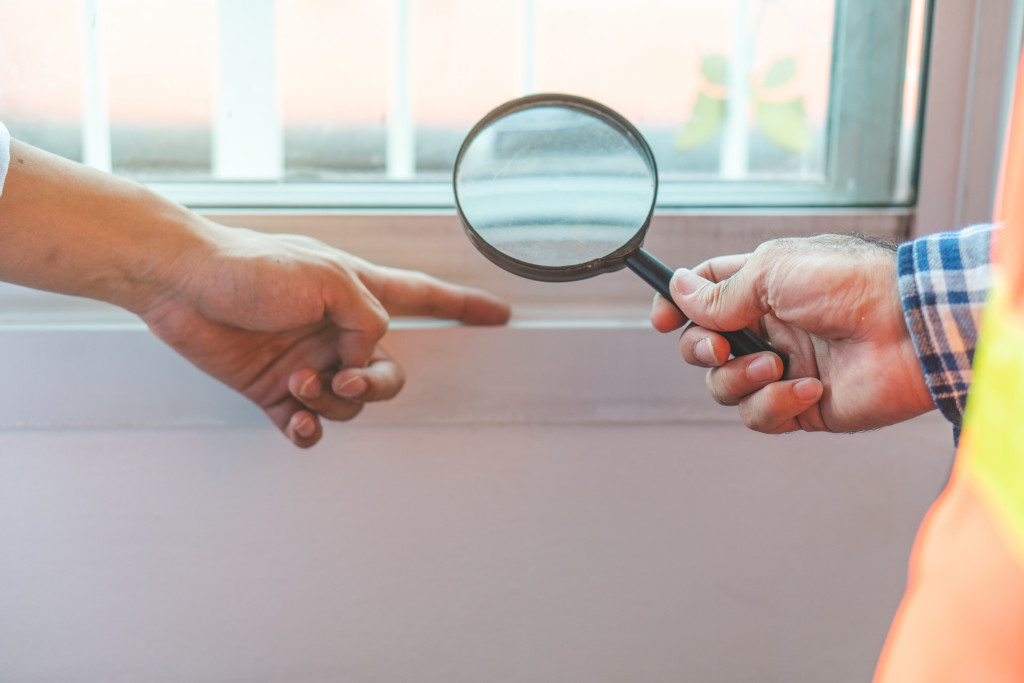Buying a home is the greatest investment you can ever make, and so, you can’t afford to make the wrong decisions. Before buying, the most crucial step to take is having the home inspected first by professionals.
It can be tempting to skip the home inspection process in an attempt to save some cash from the overall homebuying. Every mortgage payer knows how it feels to have an avalanche of payments right after you sign the contract, but there are good reasons for not skipping the inspection, not minding the additional cost.
A home can look perfect and ready, but an inspection can tell what the actual status of the house is. And if you have the home inspected before anything else, you’ll be spared from having to deal with unexpected repair needs.
Here are other reasons you need to go through the inspection process:
You may back out
Even after offering to buy a home, you can always back out when the house shows its actual condition after inspection, especially when it needs you to spend for repairs as soon as possible or over time. If you’re unsatisfied with the inspection’s findings, you have the foundation of your backing out.
You know when there are illegal installations and additions
Home inspections will reveal if rooms or any part of the house are illegally added or installed. These may be additional units, basements, electrical systems, plumbing features, fences, or garages that didn’t undergo the required code or permit, affecting taxes, insurance, and the home’s overall value.
You ensure that you get insurance
Certain conditions and the lack of necessary certifications from four-point inspections and Wind Mitigation may be qualified for insurance by some insurance companies. With insurance, homebuyers can save plenty of unexpected expenses in the long run.
You can predict the future cost
Every part of the home has its expiration. An inspection lets you know the installation age and shelf-life of the home’s systems, including cooling, plumbing, heating, and other major systems. This way, you can make wise decisions over the type of your insurance and warranties.

You can eliminate health hazards
When the home has recently had residents, there’s a chance the house has developed hazardous mold and mildew over time. This is usually the case for properties that are on short sale and foreclosure. Mold and mildew removal can be costly too.
Other safety issues that are possibly accumulating in a used home include carbon monoxide and radon. Dangers can come in various forms, such as gas pipes leak, unstable foundations, and many others. All of them can be the reason for canceling your offer to buy the home. A home inspection is the best you can do to keep you and your family safe from any potential hazards.
You can find structural issues
Like most homebuyers, you might just observe the interior and exterior features, not including the structural aspects, which is understandable since they’re usually installed with drywall or new paint. Any problems in the foundation or structure of the house can directly impact the residents’ safety, home’s economic value, and overall livability.
You can negotiate
After a home inspection and finding out that a home has some damages or poses potential health hazards, you can always request the seller to reduce the price or credit or even ask them to do the repair themselves. With the help of your realtor, you can negotiate much better.
You can easily identify the dealbreakers
When you get your home inspected, you can assess how much you’re going to spend in the long run and if you’re willing to go for it. A qualified home inspector can help you decide whether a home is acceptable or not. But if you’re not willing to spend on repairing cracked walls, faulty gutters, or broken ceilings, you can call it a dealbreaker and continue your search for a home.
You can see the big picture
Again, what you might see are just the interior and exterior aspects, not the home’s overall condition. Every part of a home has its own shelf-life. Home inspectors can determine when the parts were installed and how long they can work well.
The benefits of getting your home inspected far outweigh skimping the process. Again, buying a home is the most significant investment you can make, so be sure to pay for and go through the inspection process. Most importantly, you get crucial advice on maintaining your home from the home inspector, helping you save huge in the long term.

